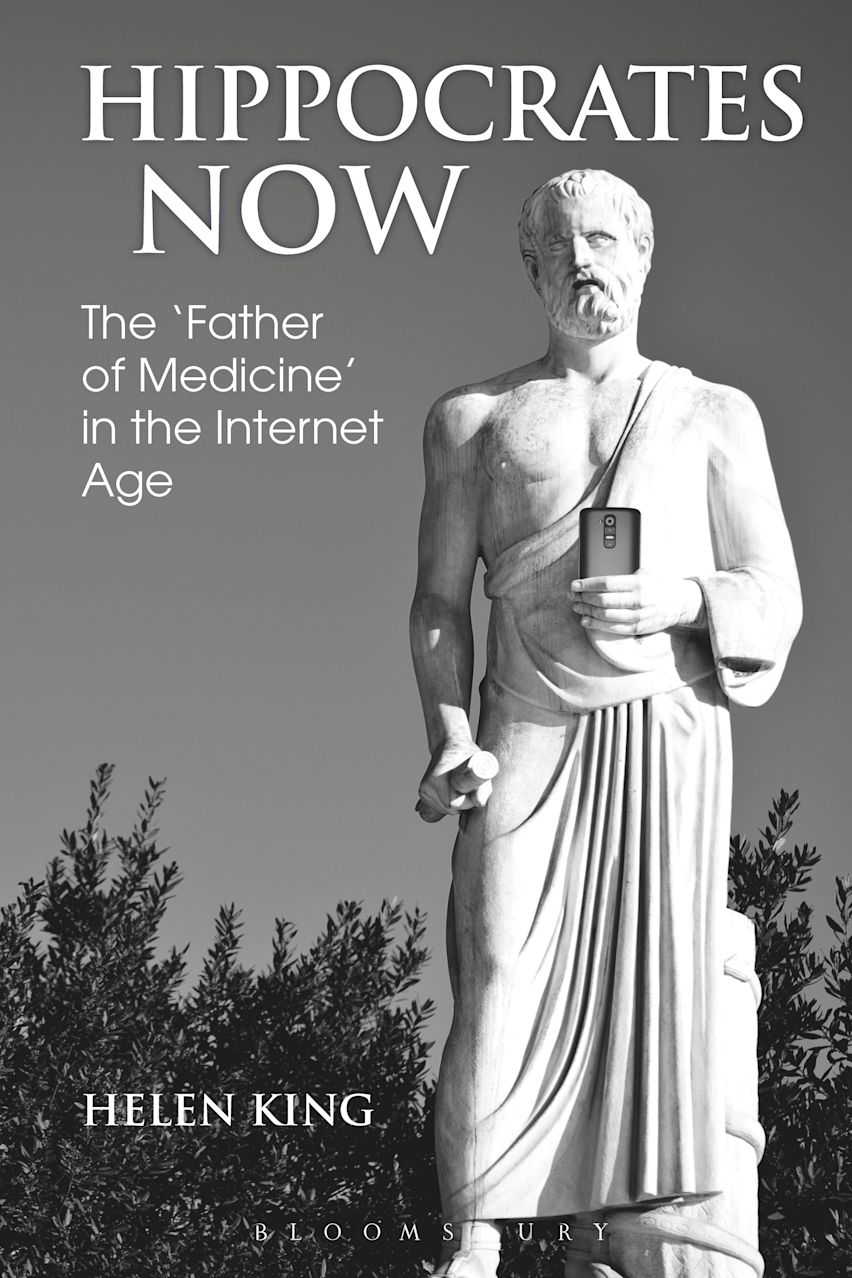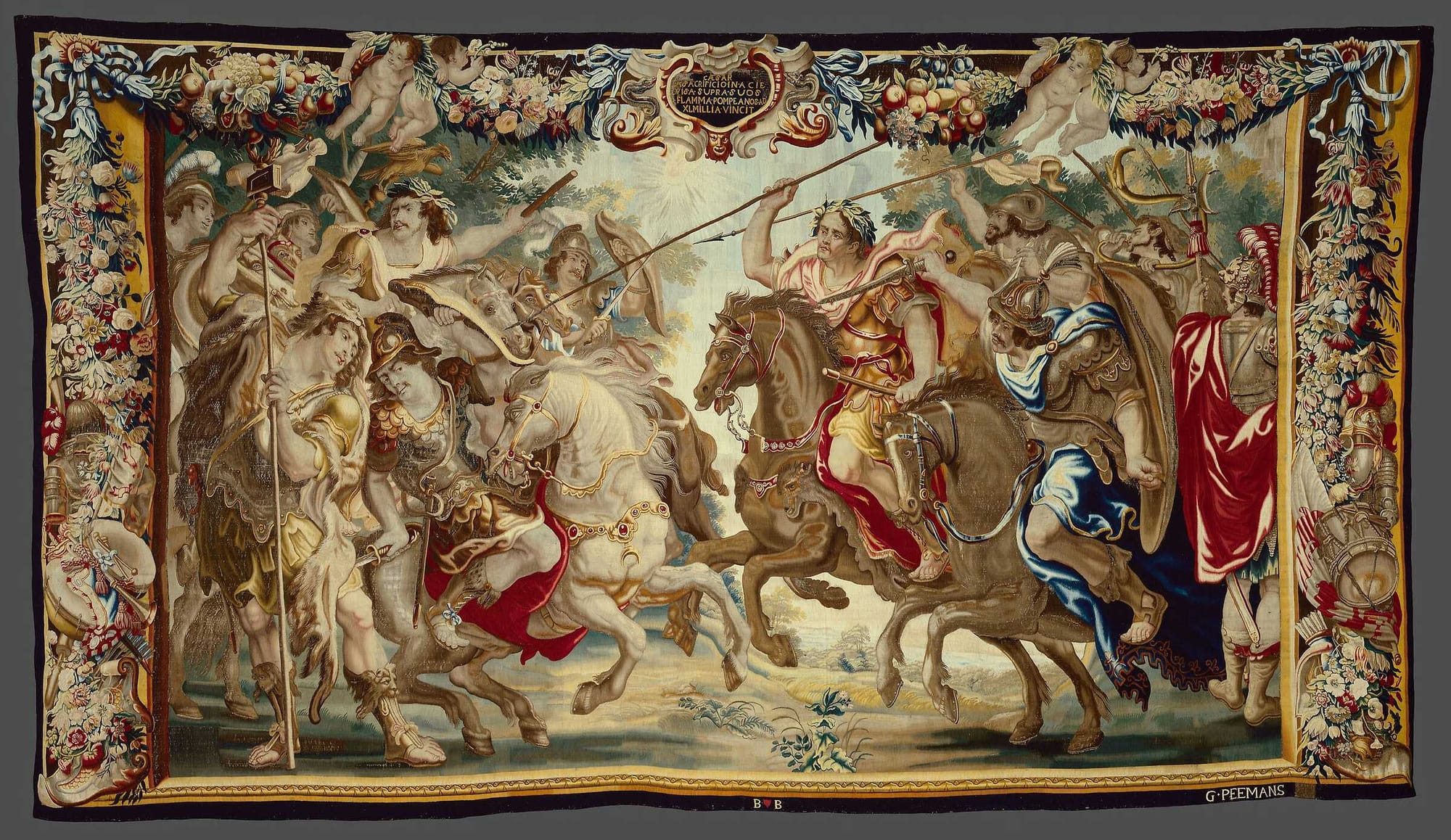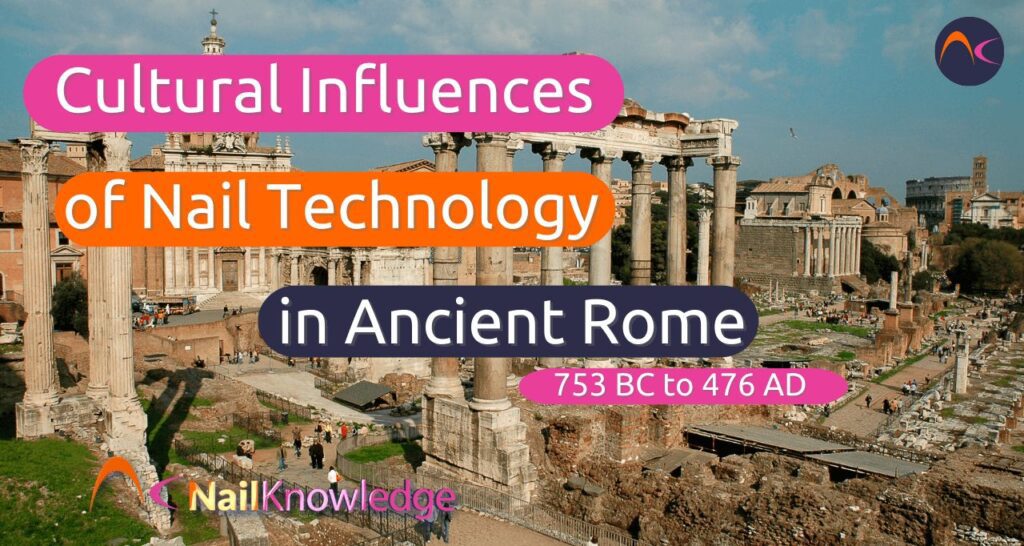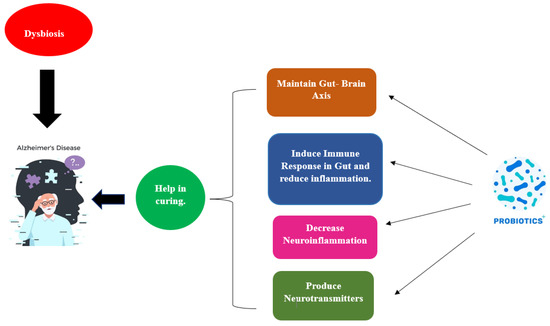Hippocrates: The Father of Medicine
Introduction: The Legacy of Hippocrates
The name Hippocrates is synonymous with the foundations of modern medicine. Born around 460 BCE on the Greek island of Kos, Hippocrates revolutionized the way health and disease were understood in the ancient world. Often referred to as the "Father of Medicine," his contributions laid the groundwork for medical ethics, clinical observation, and the separation of medicine from superstition. His legacy endures through the Hippocratic Oath, still regarded as a moral guideline for physicians today. This article explores his life, his revolutionary ideas, and his lasting impact on the field of medicine.
Early Life and Background
Little is definitively known about Hippocrates' early life, as historical records from that era are scarce. He was born into a family of physicians—his father, Heraclides, was also a doctor—and he likely received his early medical training through apprenticeship. The island of Kos, where he grew up, was home to one of the most famous healing temples of Asclepius, the Greek god of medicine. These temples served as early medical schools where knowledge was passed down through generations.
Hippocrates traveled extensively throughout Greece and possibly even Libya and Egypt, learning from various medical traditions. Exposure to diverse healing practices likely shaped his belief that diseases had natural causes rather than divine punishment, a radical departure from the prevailing beliefs of his time.
The Hippocratic Corpus: A Foundation of Medical Knowledge
Hippocrates did not write all the texts attributed to him, but he was associated with the Hippocratic Corpus, a collection of around 60 medical works created by him and his followers. These texts covered a wide range of medical topics, from diagnosis and surgery to diet and prognosis. Some of the most notable works include:
- "On the Sacred Disease" – Argued that epilepsy was a natural disorder, not a curse from the gods.
- "Airs, Waters, and Places" – One of the earliest texts on environmental medicine.
- "The Oath" – The ethical code still referenced in modern medical practice.
These works emphasized careful observation, patient history, and logical reasoning—core principles that remain fundamental to medicine today.
The Four Humors: A Theory of Health and Disease
One of the most influential theories attributed to Hippocrates was the concept of the four humors: blood, phlegm, black bile, and yellow bile. According to this theory, health depended on a balance of these bodily fluids, while disease resulted from their imbalance. Although this model was later refined by Galen and eventually disproven by modern medicine, it represented one of the first systemic attempts to explain illness scientifically.
The humoral theory also influenced medical treatments for centuries, including practices like bloodletting and purging, which aimed to restore balance. While some of these methods were harmful, the underlying idea that illness had natural and treatable causes was revolutionary.
The Hippocratic Oath: Ethics in Medicine
Perhaps the most enduring element of Hippocrates' legacy is the Hippocratic Oath, a set of ethical guidelines for physicians. The original version called for doctors to:
- Swear by healing gods like Apollo and Asclepius.
- Treat patients to the best of their ability.
- Do no harm (primum non nocere).
- Maintain patient confidentiality.
Modern adaptations of the oath continue to emphasize patient care, confidentiality, and professional integrity, proving its timeless relevance.
Hippocrates' Clinical Approach
Unlike many healers of his time who relied on rituals and prayers, Hippocrates promoted a systematic approach to medicine. He stressed the importance of:
- Observation: Carefully monitoring symptoms over time.
- Diagnosis: Identifying diseases based on evidence.
- Prognosis: Predicting the likely course of an illness.
- Treatment: Using diet, exercise, and natural remedies before drastic measures.
His belief in the healing power of nature (vis medicatrix naturae) emphasized that the body could often restore itself when given proper support.
Hippocrates and the Separation of Medicine from Religion
In ancient Greece, illness was commonly attributed to the wrath of the gods or demonic forces. Hippocrates challenged these notions, insisting that diseases had natural causes—whether from environmental factors, diet, or bodily imbalances. This shift marked the beginning of medicine as a rational science rather than a mystical practice.
His stance was particularly bold given the cultural context, as temples devoted to Asclepius dominated medical practice. By advocating for empirical methods, he set the stage for future medical advancements.
Conclusion of Part One
Hippocrates transformed medicine from a supernatural art into an evidence-based discipline through his writings, teachings, and ethical principles. His work provided a framework that guided physicians for centuries and continues to influence medical thought today. In the next part, we will explore his influence on later medical traditions, the spread of his ideas beyond Greece, and how his theories were interpreted in the Middle Ages and Renaissance. Stay tuned for the continuation of this exploration into the life and legacy of Hippocrates, the Father of Medicine.
The Spread of Hippocratic Medicine Beyond Greece
Hippocrates' ideas did not remain confined to ancient Greece. His teachings spread across the Mediterranean and beyond, influencing medical practices in Rome, the Islamic world, and eventually Europe. The Hellenistic period saw the expansion of Greek culture under Alexander the Great, and with it, the dissemination of Hippocratic medicine. The Library of Alexandria became a center for medical scholarship, where physicians studied and expanded upon Hippocratic texts.
Roman physicians, such as Galen, further developed Hippocratic principles. Galen, who lived in the 2nd century CE, integrated Hippocratic theories with his own observations, creating a comprehensive medical system that dominated Western medicine for centuries. His works were translated into Arabic during the Islamic Golden Age, where scholars like Avicenna and Rhazes built upon them, blending Greek medicine with Persian and Indian traditions.
Hippocratic Medicine in the Middle Ages
During the Middle Ages, Hippocratic medicine was preserved and expanded upon by Islamic scholars. The translation movement in Baghdad saw Greek texts, including those of Hippocrates, translated into Arabic. These works were later reintroduced to Europe through Latin translations, particularly in centers of learning like Salerno and Montpellier.
Medieval European medicine was heavily influenced by Hippocratic and Galenic theories, though often mixed with religious and folk traditions. Monastic infirmaries and early universities taught Hippocratic principles, though the lack of scientific advancements meant many of his ideas were accepted without question. The humoral theory, for example, remained a cornerstone of medical practice well into the Renaissance.
Haptocrates and the Renaissance: A Revival of Classical Medicine
The Renaissance marked a renewed interest in classical knowledge, including Hippocratic medicine. Scholars like Andreas Vesalius and Paracelsus challenged traditional Galenic interpretations, advocating for a return to direct observation and experimentation—principles that Hippocrates himself had championed.
Vesalius' anatomical studies, published in *De Humani Corporis Fabrica*, corrected many errors in Galen’s work, while Paracelsus rejected the humoral theory in favor of chemical medicine. Despite these challenges, Hippocrates' emphasis on clinical observation and ethical practice remained influential. His works were reprinted and studied, ensuring his legacy endured even as medicine evolved.
Hippocrates in the Age of Enlightenment
The Enlightenment brought further advancements in medical science, but Hippocrates' influence persisted. Physicians like Thomas Sydenham, known as the "English Hippocrates," revived the observational approach, emphasizing bedside medicine and detailed case histories. The scientific method, which prioritized empirical evidence, aligned closely with Hippocratic principles.
However, the 18th and 19th centuries also saw the decline of some Hippocratic ideas. The discovery of germ theory by Louis Pasteur and Robert Koch revolutionized medicine, shifting focus from humoral imbalances to microorganisms as the cause of disease. Yet, the ethical framework of the Hippocratic Oath remained relevant, guiding medical professionals in an era of rapid scientific progress.
Modern Interpretations of Hippocratic Medicine
Today, Hippocrates is celebrated more for his ethical contributions than his medical theories. The Hippocratic Oath, though modified, remains a cornerstone of medical ethics. Modern versions emphasize patient autonomy, confidentiality, and the duty to do no harm—principles that resonate in contemporary healthcare.
While his humoral theory has been debunked, his emphasis on diet, lifestyle, and holistic care has seen a resurgence in integrative medicine. Concepts like the mind-body connection and>
The Enduring Influence of Hippocrates in Modern Medicine
Hippocrates' legacy extends far beyond the ancient world, shaping the very fabric of modern medicine. His principles of patient care, ethical practice, and evidence-based treatment continue to guide medical professionals today. The Hippocratic Oath, though modified, remains a cornerstone of medical education, emphasizing the sacred trust between doctor and patient.
In the 21st century, the Hippocratic commitment to "do no harm" has evolved into a broader ethical framework that includes patient autonomy, informed consent, and the duty to advocate for public health. The World Medical Association's Declaration of Geneva, a modern adaptation of the Hippocratic Oath, reflects these values, ensuring that physicians worldwide uphold the same ethical standards that Hippocrates championed over two millennia ago.
Hippocrates and the Rise of Evidence-Based Medicine
The modern medical community's reliance on evidence-based practice (EBP) can trace its roots back to Hippocrates. His insistence on careful observation, documentation, and logical reasoning laid the groundwork for the scientific method in medicine. Today, EBP integrates clinical expertise with the best available research, ensuring treatments are both effective and ethical.
Hippocrates' emphasis on diet, exercise, and lifestyle as key factors in health has also found renewed relevance. The rise of preventive medicine and public health initiatives echoes his holistic approach, focusing on maintaining wellness rather than merely treating illness. Programs promoting vaccination, smoking cessation, and healthy eating all reflect Hippocratic principles in action.
H2>Hippocrates in Medical Education
Medical schools worldwide continue to honor Hippocrates as the father of medicine. His teachings are woven into curricula, with students studying his case histories to understand the importance of clinical observation. The Hippocratic Oath is often recited at graduation ceremonies, symbolizing the transition from student to healer.
Simulation training, case-based learning, and clinical rotations all embody the hands-on approach that Hippocrates advocated. His belief in lifelong learning resonates in today’s continuing medical education (CME) programs, which ensure doctors stay current with advancements in their field.
Hippocrates and the Digital Age
Technology has transformed medicine, but Hippocratic ethics remain relevant. Telemedicine, AI diagnostics, and electronic health records (EHRs) raise new ethical questions about patient privacy and data security—issues that Hippocrates’ emphasis on confidentiality helps address.
The internet has also democratized medical knowledge, allowing patients to take an active role in their care, much like Hippocrates encouraged. However, the spread of misinformation online underscores the need for physicians to uphold his commitment to truth and education.
Hippocrates’ Global Impact
Hippocrates’ influence is not confined to Western medicine. Traditional healing systems, such as Ayurveda and Traditional Chinese Medicine, share his holistic approach, emphasizing balance and natural remedies. Global health initiatives, like the World Health Organization’s (WHO) focus on primary care, reflect his belief that health is a fundamental human right.
Even in humanitarian crises, Hippocrates’ principles guide medical professionals. Organizations like Doctors Without Borders operate under the Hippocratic ideal of providing care to all, regardless of race, religion, or political affiliation.
Hippocrates in Popular Culture
Hippocrates’ image as the ideal healer endures in popular culture. He is frequently referenced in literature, film, and television as a symbol of medical wisdom. Phrases like “Hippocratic oath” and “Hippocratic ideals” are shorthand for medical ethics, demonstrating his lasting cultural significance.
Medical dramas often depict doctors grappling with ethical dilemmas that Hippocrates himself would recognize—balancing patient autonomy with beneficence, or navigating the limits of medical intervention. These stories keep his philosophy alive for new generations.
Challenges to Hippocratic Ideals
Modern medicine faces challenges that test Hippocratic principles. The commercialization of healthcare, for example, can conflict with the oath’s commitment to patient welfare. Rising healthcare costs, disparities in access, and the politicization of medicine all pose ethical dilemmas that require a return to Hippocratic values.
The COVID-19 pandemic highlighted these tensions, as healthcare workers struggled to balance public health mandates with individual rights. Yet, the pandemic also showcased the enduring relevance of Hippocrates’ call to serve humanity, as medical professionals risked their lives to save others.
Hippocrates’ Environmental Medicine
Hippocrates’ treatise *Airs, Waters, and Places* is considered an early work on environmental medicine. He recognized that health is influenced by geography, climate, and sanitation—a concept that resonates in today’s climate crisis.
Modern environmental health initiatives, from clean water programs to air pollution reduction, reflect his understanding that a healthy environment is essential for human health. Climate change has made his insights more urgent, as rising temperatures and extreme weather events threaten global health.
The Future of Hippocratic Medicine
As medicine advances, Hippocrates’ core principles will continue to guide ethical decision-making. Emerging technologies like gene editing, AI, and personalized medicine raise profound ethical questions that Hippocratic ethics can help address.
His emphasis on the healer-patient relationship remains vital in an era of high-tech medicine. The human touch—listening to patients, understanding their stories, and treating them with compassion—is as important today as it was in ancient Greece.
Conclusion: The Timeless Legacy of Hippocrates
Hippocrates’ wisdom transcends time, offering a moral compass for medicine in every age. His belief in the power of observation, the importance of ethics, and the sanctity of the healer-patient relationship remains the foundation of modern healthcare.
As medicine continues to evolve, Hippocrates’ legacy reminds us that science and compassion must go hand in hand. His teachings challenge us to uphold the highest standards of care, to seek truth, and to serve humanity—principles that will endure for centuries to come.
In the words of Hippocrates himself: *"Wherever the art of medicine is loved, there is also a love of humanity."* This simple yet profound truth captures the essence of his enduring legacy.

























Comments